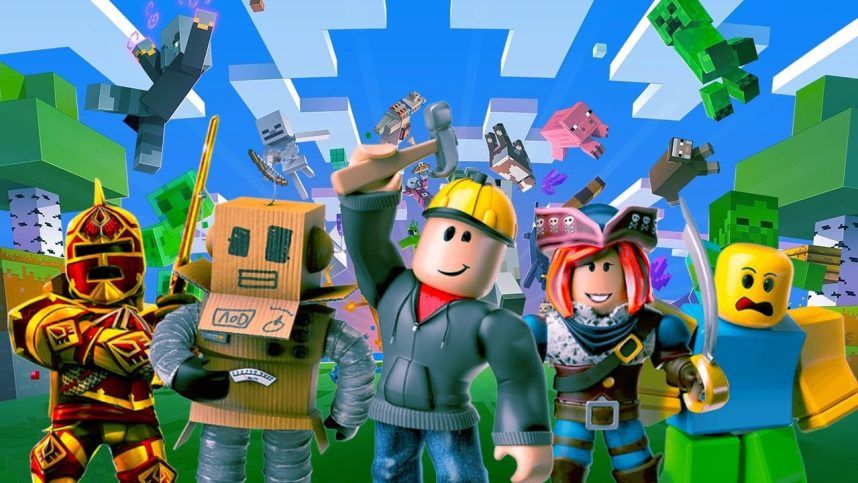Roblox Underage Gambling Class Action Allowed to Proceed
Posted on: September 21, 2024, 08:36h.
Last updated on: September 21, 2024, 08:36h.
A federal judge in Northern California has given the go-ahead to a class-action lawsuit that accuses mobile game platform Roblox of encouraging underage gambling.

The complaint accuses Roblox of knowingly allowing third-party gambling sites to accept bets using Robux, the platform’s in-game currency. The litigation was brought by a group of parents who claim their children lost money when engaging with virtual Robux casinos.
Virtual Playground
Roblox is an online game platform and game creation system that allows its users to roam a virtual playground of user-created games.
It’s free to play, although users can acquire Robux via in-game real-money purchases. As of August 2020, Roblox had over 164 million active users. Such is its popularity, more than half of all American children under 16 play the game.
Some 60% of Roblox users are under 16, with 23% of those users being between the ages of 9-12 and 22% under the age of nine, according to a February 2022 SEC filing.
The parents sued Roblox in August 2023, claiming it incentivizes third-party developers to create experiences that use Robux. Developers can profit by exchanging the Robux they receive for real money. Roblox takes a 30% commission fee on these transactions.
Duty to Protect
In a ruling Thursday, U.S. District Judge Vince Chhabria determined that Roblox had a duty to protect its users and had acted with misfeasance.
“The plaintiffs allege that Roblox has created a clearinghouse for illegal transactions within the virtual playground, and that Roblox facilitates those transactions and profits from them,” Chhabria wrote. “They allege that these deliberate design decisions by Roblox created the risk of harm to the minor plaintiffs who otherwise would not have been exposed to the virtual casinos.”
Because of the Robux commission structure, Chhabria wrote, it was “entirely foreseeable” that third-party developers would be incentivized to create highly addictive experiences such as gambling games.
“What’s more, according to the complaint, the virtual casinos were well known to both users and Roblox itself,” continued Chhabria.
The three virtual casinos [named in the suit] launched widespread marketing campaigns, prominent Roblox social media influencers discussed or endorsed the virtual casinos, and [the casino] Bloxflip had over 5.7 million monthly visitors in 2022,” the judge wrote.
“Roblox knew how these virtual casinos operated and could foresee the probability that minors would navigate to these sites and gamble their Robux away,” he added.
Chhabria dismissed additional fraud claims against Roblox, determining that the plaintiffs had failed to successfully argue the case.
Related News Articles
Roblox and Underage Gambling at the Center of New Lawsuit
New Konami Casino Facial Recognition Technology Could Rival Reward Cards
Most Popular
VEGAS MYTHS RE-BUSTED: The ‘World’s Largest Golden Nugget’ is Real
Star Gold Coast Can Recoup $38.7M Debt from Billionaire Ex-Betting Exec
LAS VEGAS STRIPPERS: Tesla Cybertruck With Pole-Dancers Driving Up and Down Blvd.
LOST VEGAS: First Documented ‘Trick Roll’ by a Prostitute
LOST VEGAS: The Dark Secret Behind Mr. Sy’s Casino of Fun
Most Commented
-
ANTI-SOCIAL BEHAVIOR: Vegas Casino Buffet Stunt in Poor Taste Goes Viral
— August 16, 2024 — 7 Comments -
VEGAS MYTHS RE-BUSTED: The Strip Tried Appealing to Families and Failed
— August 23, 2024 — 7 Comments -
SPHERE OF FAILURE: U2 Concert Film is Vegas Orb’s First Flop
— September 8, 2024 — 6 Comments
















No comments yet